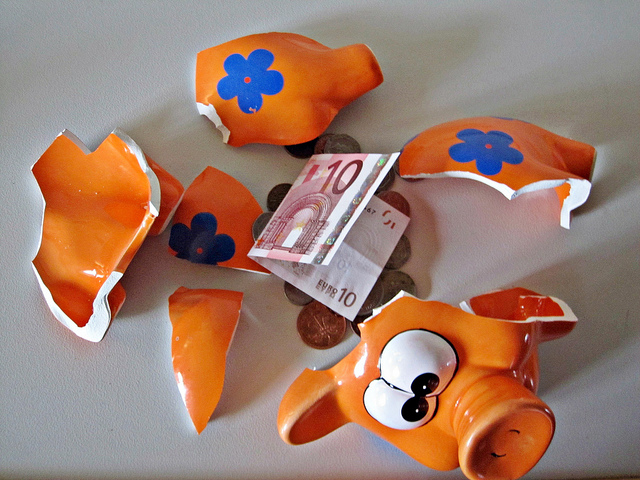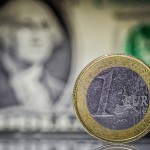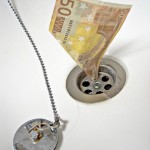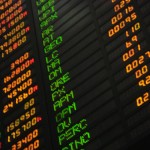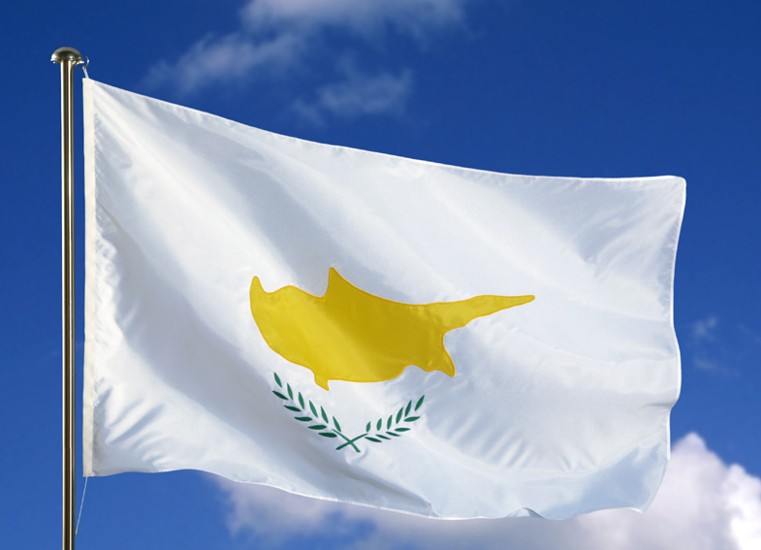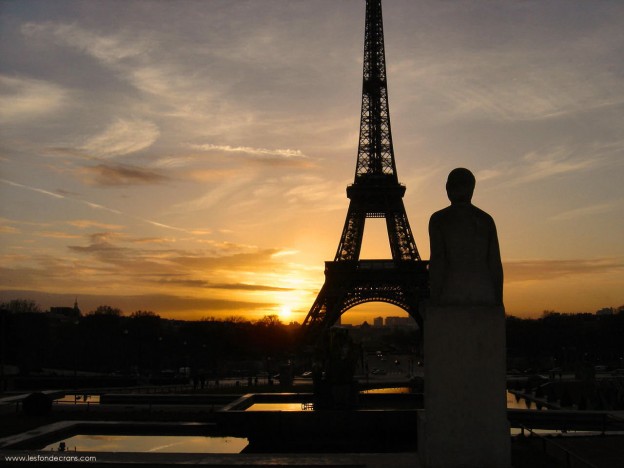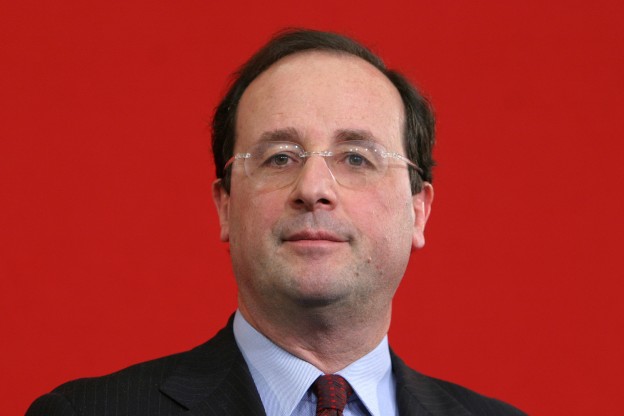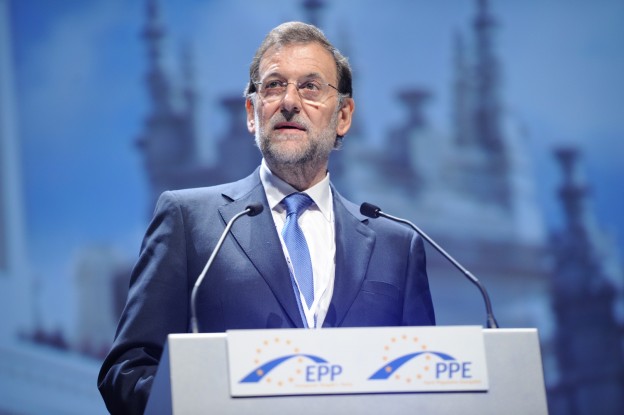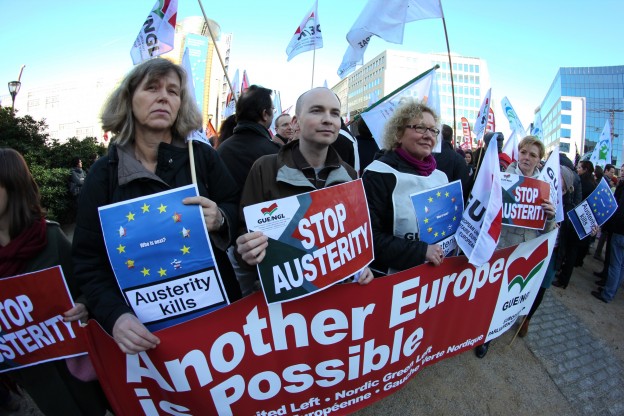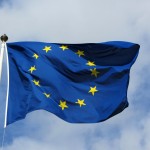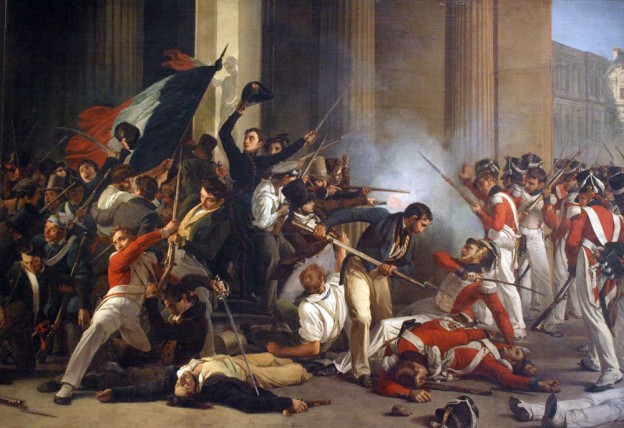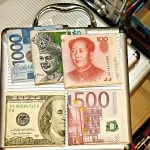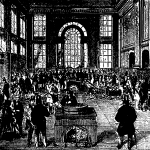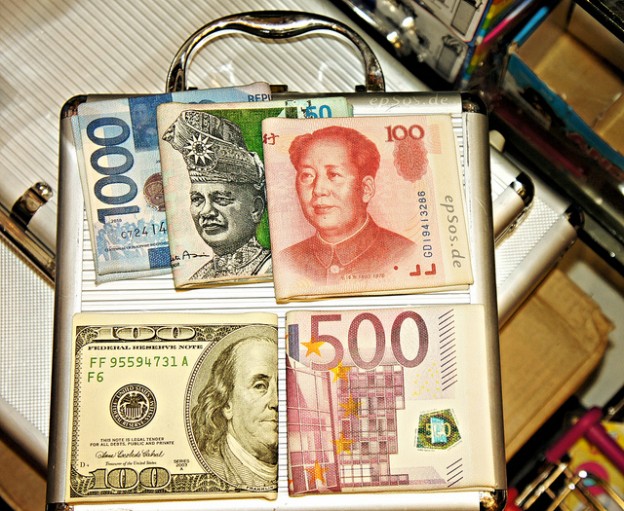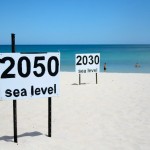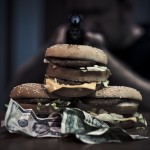Investors turn to their attention to the euro zone this week, as they await the release of growth data to gauge the strength of European economy as the initial signs of recovery appear to have slowed down, supporting Mario Draghi’s case to cut interest rates in an attempt to boost the economy.
The third quarter is expected to have recorded a mere 0.1 percent rise in gross domestic product in analyst’s projections. In the hours leading to the release of the report on 14th November, economists predict that data from Germany, France and Italy will already begin to indicate the growth halt.
Negative data would confirm that recovery is diminishing after a second-quarter jump of 0.3 percent that signalled the end of the region’s longest recession. The data are released one week after the European Central Bank president mentioned that the risk of “prolonged” period of low inflation as he announced the surprised rate cut to 0.25 percent.
The GDP data for the 17-nation euro area will be released by the European Union’s statistic office in Luxembourg at 11 a.m. on 14th November in a long series of European data publications. The day opens with France’s report at 7:30 a.m. in Paris, where economists expect economy to have staled.
Just last week, on 8th November, France was downgraded to AA by Startd and Poor’s, which cited that the current policies of President Francois Hollande’s government are “unlikely to substantially raise France’s medium-term growth prospects.”
Italian data, released in Rome at 10 a.m. on the same day, are expected to show a ninth straight quarter of losses. Antonio Golini, acting chairman of Istat, the Italian national statistics office, told lawmakers on 29th October that the economy shrank in the three months through September, predicting a 1.8 percent drop in GDP for the year.
More optimistic outlooks anticipate that enough momentum elsewhere in the currency bloc to accelerate growth toward the end of the year despite the recession in the region’s second- and third-biggest economies.
Open an Account
